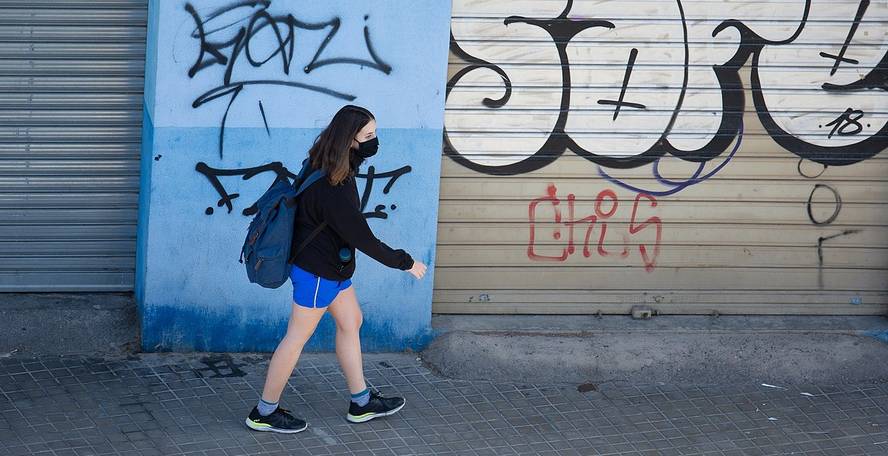What is good and what wrong
Published in Berria on May 11, 2021
We have a confusing atmosphere, at the gates of summer. The alarm situation has ended, in a worse epidemiological situation than when it was established, and it is understandable the anger and discontent of ICU doctor Felix Zubia Olaskoaga, with judges, politicians and irresponsible citizens. As the Bridge recognized on Sunday in BERRIA, they feel abandoned; a similar moment noted nurse Ane Pescador Uralde. Despite not denying the severity of the plague, many people have been glad that some restrictive measures have been overturned. Some had spent months without seeing their close friends and family, without going to the coast or to the favorite area, or without working for the rigor of schedules and limitations. And all this also affects health.
With the aim of solving this situation, academics and professionals from different fields have collected a collective reflection and concrete proposals in the document called White Book of covid-19. The aim of the authors is twofold: to encourage society to reflect and offer authorities tools to make science-based decisions. Meanwhile, the day to day of many people is quite far from it and, little or more, there is concern that they do not forget preventive measures. Sociologist Josep Lobera Serrano has identified five main factors that influence this: risk perception; payment of measures; the behavior of others; trust in health officials; and conspiracy thinking. According to Lobera, the most important thing is the cost of the measures, since the need to comply with them does not affect everyone equally.
Among the most disadvantaged groups are young people. For this reason, Lobera proposes to offer safe alternatives of socialization to young people and recalls that the most effective campaigns against AIDS were not those that demanded celibacy, but those that promoted safe sex. In addition, as vaccination progresses, the paradox will become more and more evident: the elderly will be immunized and will have the possibility of relaxing some measures, while the young will have to continue rigorously, although it is known, that if it is spread, many would overcome the infection without symptoms.
In this port, regardless of what the rules prohibit and authorize, it is advisable to emphasize the good and the bad from the scientific point of view. First, WHO has recognized what researchers demonstrated long ago: aerosols are the main means of transmission of the virus. Therefore, the risk of contamination decreases considerably outdoors. If you are among the people, the mask remains essential, but any activity is safer outside than inside.
In this sense, it has often been mentioned that the interiors of bars and restaurants are dangerous places, since it is necessary to remove the mask of food and drink. Thus, after analyzing twenty studies that have measured the epidemiological impact of the measures taken in the hospitality industry in Spain, they have concluded that the closure of the hospitality industry is effective to reduce the incidence, especially in the interior. The hospitality of Hego Euskal Herria, both internally and externally, in this one that is open. And outside the bars, among the things that can be done outdoors is physical exercise: walking, skating, running, taking out the dog, playing with children... In an investigation conducted at the San Carlos Hospital in Madrid, they have shown that in those hospitalized for covid-19, those who exercised were eight times less likely to die than those who led a sedentary life. Another good reason to get out.






